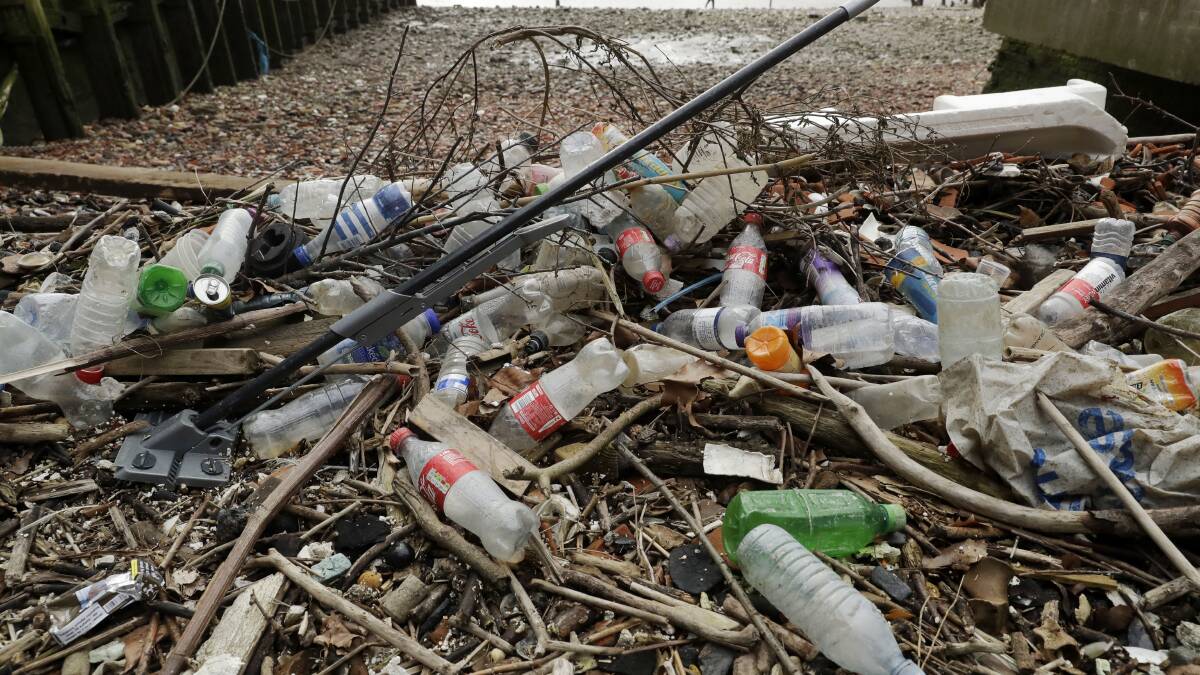
How many reports does it take for action to be taken?
Subscribe now for unlimited access.
$0/
(min cost $0)
or signup to continue reading
Disposable and soft plastics are an issue for international, Australian and Tasmanian communities no matter which political colours you wear.
Tasmania is in the middle of its third report into the feasibility of a Container Deposit Scheme.
Plastic is everywhere these days.
We drink out of it, our fresh fruit and vegetables are packaged in it – people can’t go a day without using or buying something with a disposable plastic container.
South Australia has long led the way with its heralded refund scheme, which began more than four decades ago.
While other state and territories, except for Tasmania and the Northern Territory, have or plan to implement incentives for consumers to reuse and recycle in a bid to reduce the amount of landfill and waste entering pristine places such as our oceans.
So for a state that promotes itself as pristine, Tasmania is lagging considerably behind if Environment Minister Elise Archer’s update last week is anything to go by.
Ms Archer said a scheme must be in the public interest and cost-effective for one to be implemented. Well, it’s certainly in the public interest and at what cost is it not worth implementing?
A 2009 report found a scheme would reduce litter by 35 per cent statewide and increase recycling by 78 per cent over a 20-year period. However, the government’s budget bottom line would be $86 million worse off. Sure, environmental policies traditionally aren’t on the top of the Liberal agenda, but this is an easy solution that should cross any political lines.
It would be a good way for community and volunteer groups to make some minimal coin, and for those that can’t be bothered redeeming the refund, councils would benefit from people putting cans and plastics in recycling bins.
A scheme seems like an ideal solution to give the throw-away resources a new life and reduce litter on our roadsides, waterways and streets. Let’s hope community and council support nudges the Hodgman government along.

